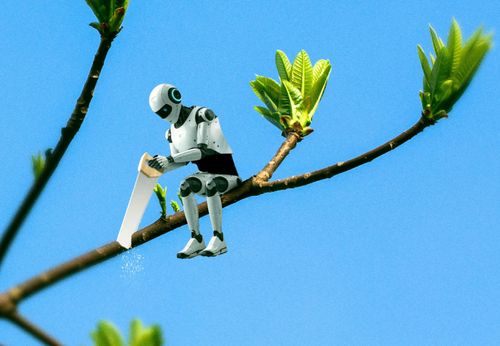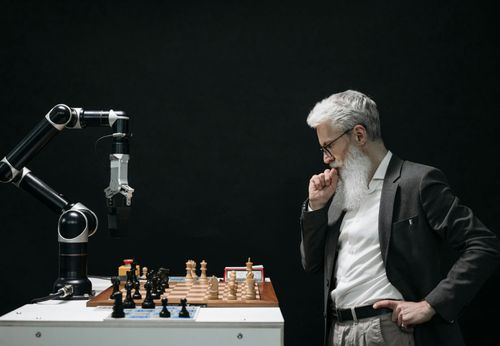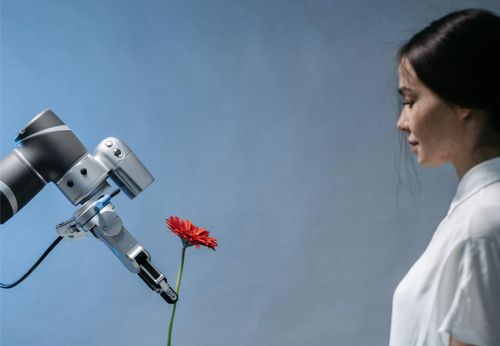Digital Health Demands a New Kind of Intelligence
In an era where AI can personalize your meal plan, influencers recommend daily biohacks, and longevity advice spreads at the speed of a swipe, one thing has never been more urgent: your ability to think clearly and skeptically.
Welcome to the age of digital health overload—a landscape where access to information is no longer the issue. It’s the quality of that information—and more importantly, your ability to evaluate it—that defines your trajectory.
A pivotal 2021 study by Norman & Skinner, published in the Journal of Medical Internet Research, introduced a critical insight: “eHealth literacy—the ability to find, understand, and critically evaluate digital health information—is an essential skill for the 21st century.”
In other words: Being healthy in the digital age isn’t just about data. It’s about discernment.
The Longevity Intelligence™ Connection
This is where Longevity Intelligence™ steps in—a framework built to help us thrive in a world of longer lifespans, faster tech, and endless choices.
One of its core principles is Curiosity & Critical Thinking—not just as intellectual virtues, but as longevity tools. These skills allow us to:
• Distinguish science from pseudoscience
• Filter out hype in AI-powered health platforms
• Question miracle supplements and biohacking trends
• Make better, data-informed decisions about our healthspan
It’s no longer enough to trust every trending headline or influencer video with “science” in the caption. In fact, blind trust is one of the most dangerous things you can bring into your health journey.
Why It Matters More Than Ever
Let’s break it down:
You don’t need to memorize every medical journal.
You need to ask better questions.
You need to know when to say, “Where’s the evidence?”
You need to know when to pause before you add one more supplement, or jump into the latest “anti-aging” trend.
In the Longevity Intelligence model, your brain becomes your most important health tool—not just for storing knowledge, but for filtering, evaluating, and deciding wisely.
Because let’s be honest: In a world of infinite information, the sharpest mind wins—not the loudest headline.
Takeaway
We are not just passive consumers in the digital health revolution. We are active participants. And how we think, not just what we know, determines how well we live. So train your curiosity. Sharpen your critical thinking. Interrogate the algorithm. Because the future of longevity won’t just be personalized—it will be intelligent. And intelligent longevity starts with the right mindset.



